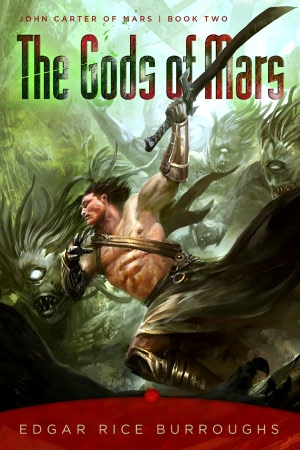Most poeple think they know the story of Dracula by Bram Stoker, but I'm not sure how many have read the unabridged version. If you have you know what I mean; theres a good deal that is left out of the "readers digest" version. To save a good many people a great deal of time: don't bother! Here it is important that I point out quickly, the movie by the same name is almost, but not entirely unrelated. That is, I don't mean to say its not worth reading but in my opinion (be it ever so humble), the weight of the flourish and unnecissary detail measured against the "value added" material found therein is disproportionate. To the point, I think, that the sinister and macabe nature of the story is diluted. That said, there's a reason Dracula is a house-hold name.
The story follows the lives of several charicters though their various letters and journal entries, neatly shiftin the point of of view to the first person account of the whole adventure, as they are faced with and must combat an evil Transilvanian vampire. The count is a truely wicked creature in the book and entierly self serving and vicsious. I mention this as I've heard many people over the years refer to the story of Dracula as a "love story". I can only assume such people saw the movie directed by Francis F. Copala in the early '90s. His wicked schemes and exploits, in fact, are what draws the major players together to hunt down and kill the count. The story, though told in real time from several points of view, follows the count's blood trail and takes its twists in turns in real-time. This is, incidently, why the reader could be spared a great deal of superfluous detail, ponderous asides, and melencholy lements contained through-out the book. While in some places these do give a broader perspective or deeper developement to a character's motives here and there, the majority serve only, it seemed, to blunt the plot and add a soap opera-esque feeling to the overall story.
Still, its worth a read. Good story, clear imagery, and I love the affect of telling a story through journal entries, headlines, and correspondance between characters. The story works seamlessly between the experiences of the characters and brings them all together neatly. Again, just spare yourself some victorian melodrama and read the abridged version--meat and potatos hold the overabundance of parsley, we'll say.


 I had never heard of Scottish pastor William Still but three things attracted me to this book:
I had never heard of Scottish pastor William Still but three things attracted me to this book: This is the
This is the 


